Holy Family, year B
Although their are so many blessings and much goodness in our families, no one has a perfect family. The Holy Family also struggled and suffered. We learn from the Holy Family that our own families - as imperfect as they are - can be schools in which we grow in love of God and neighbour.

Listen to homily here:


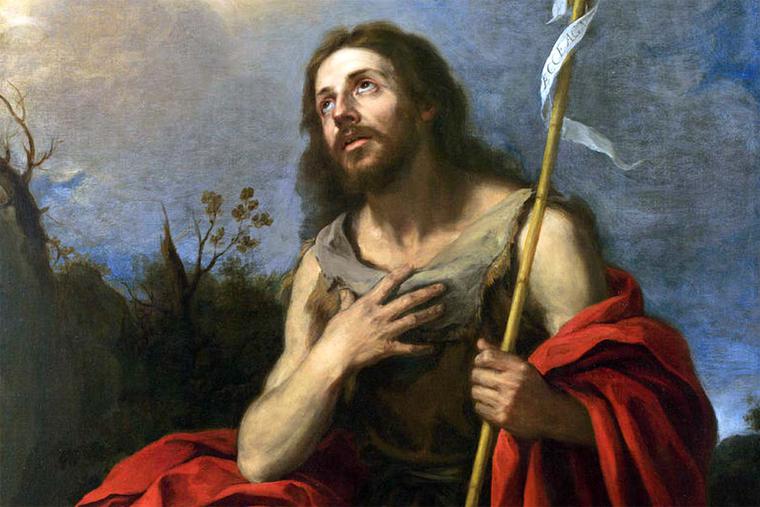
.jpg)






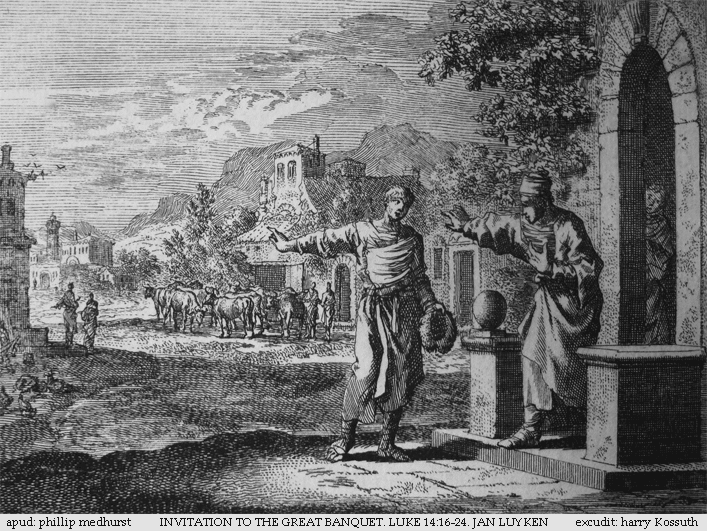
.jpg/1280px-Marten_van_Valckenborch_-_Parable_of_the_wicked_husbandmen_(October).jpg)

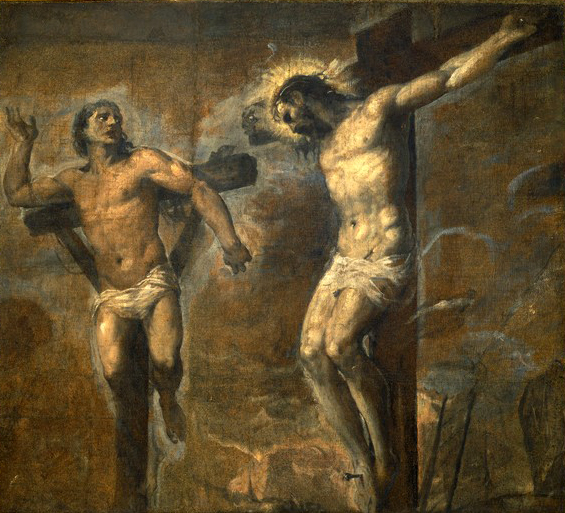

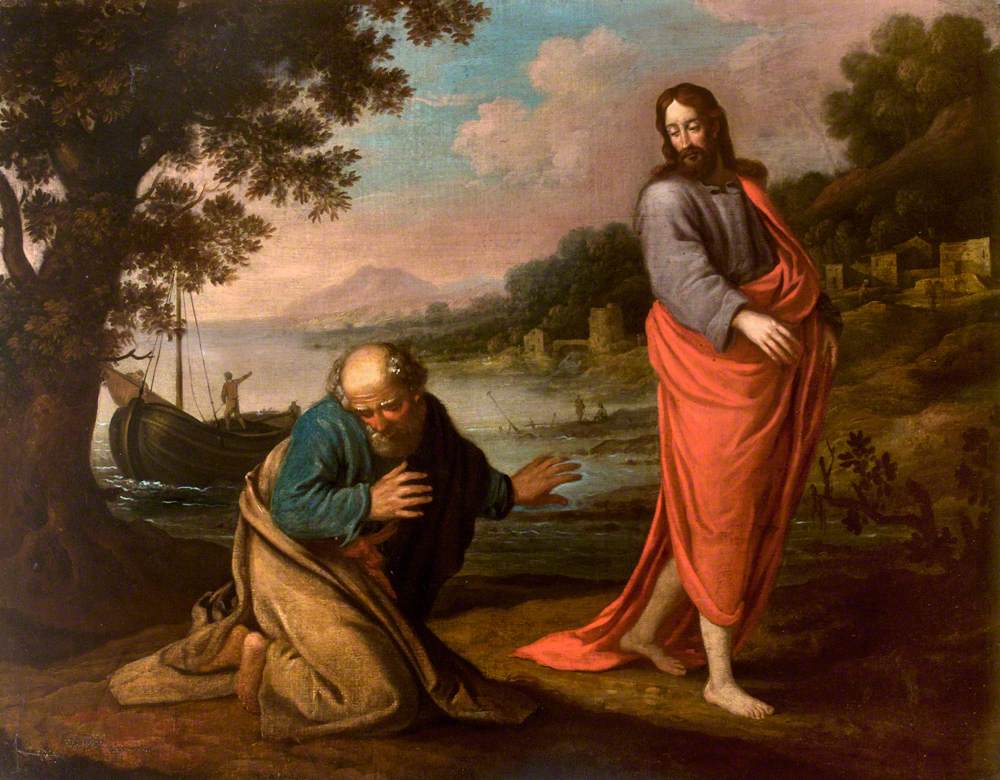
.jpg)


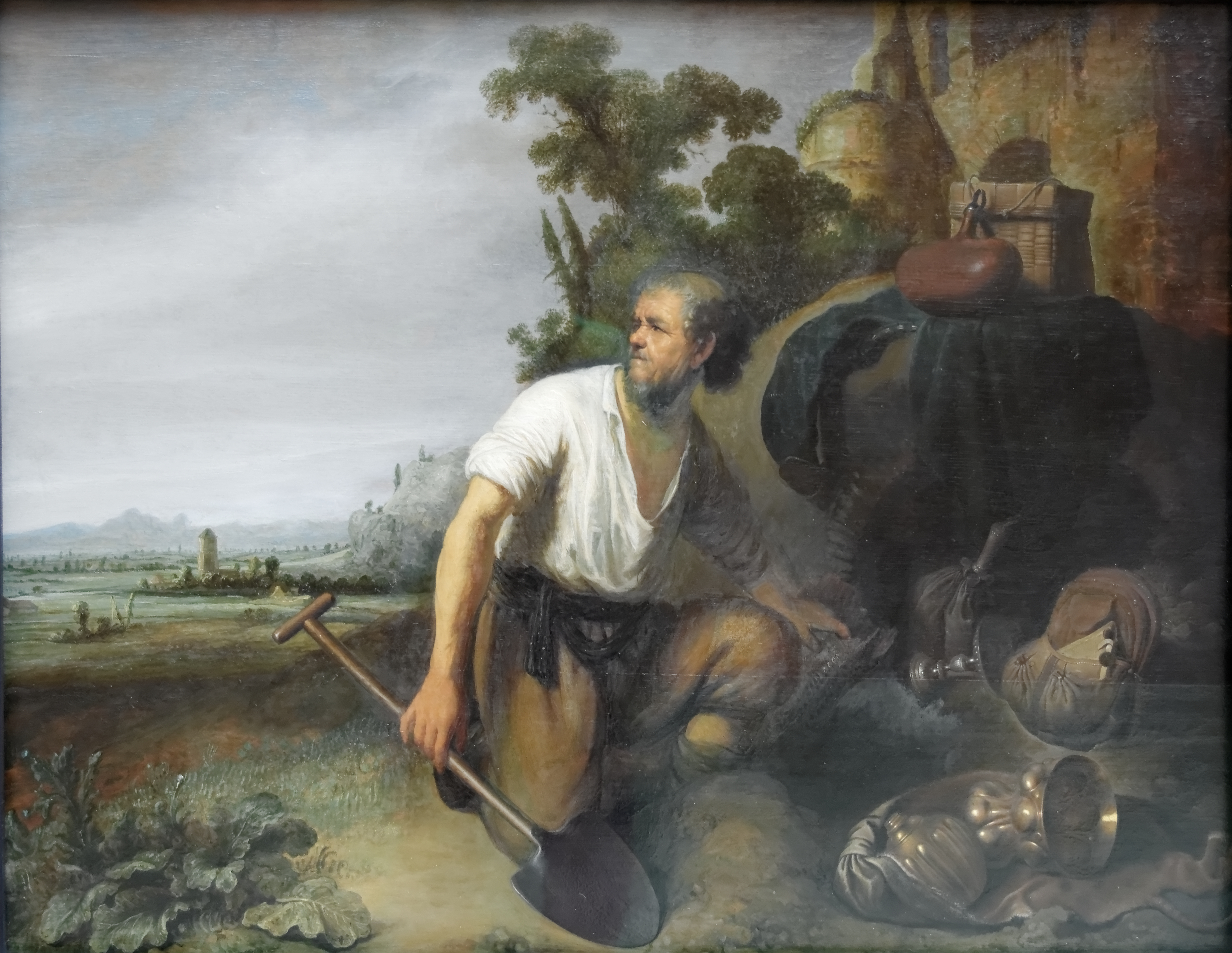
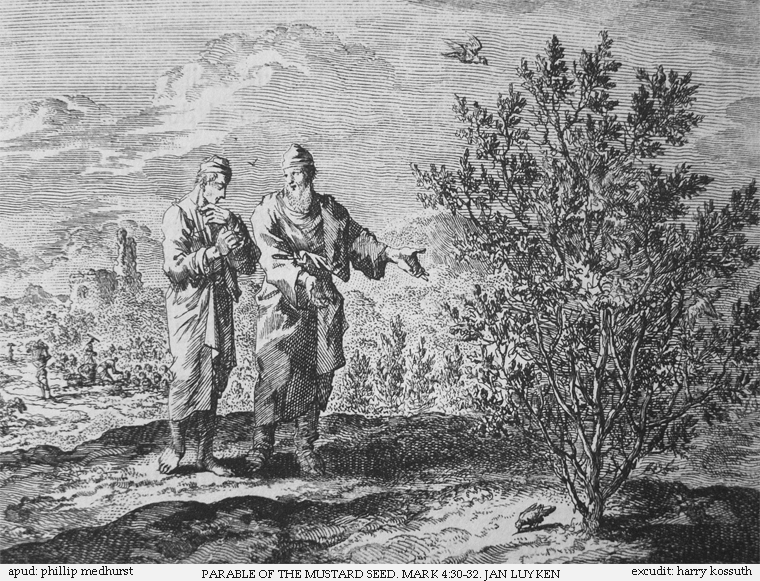

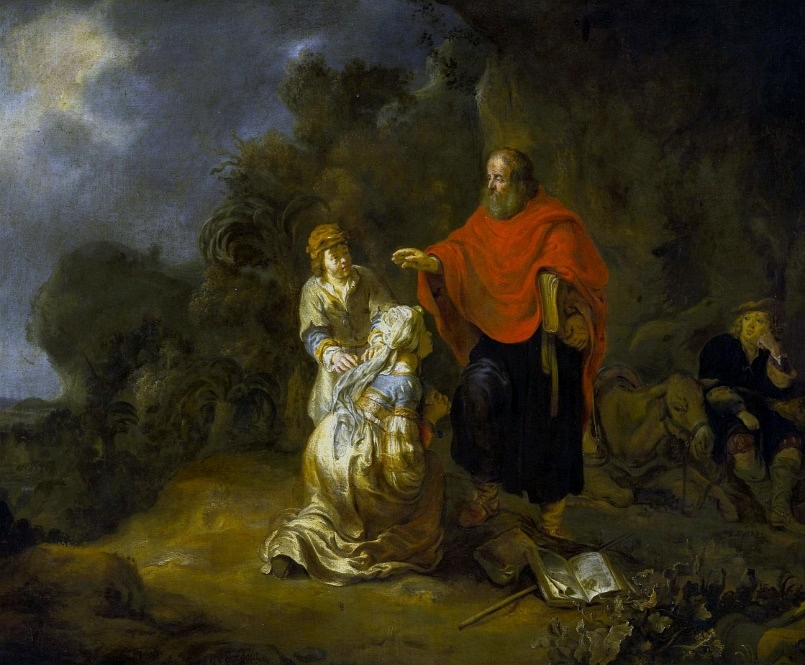



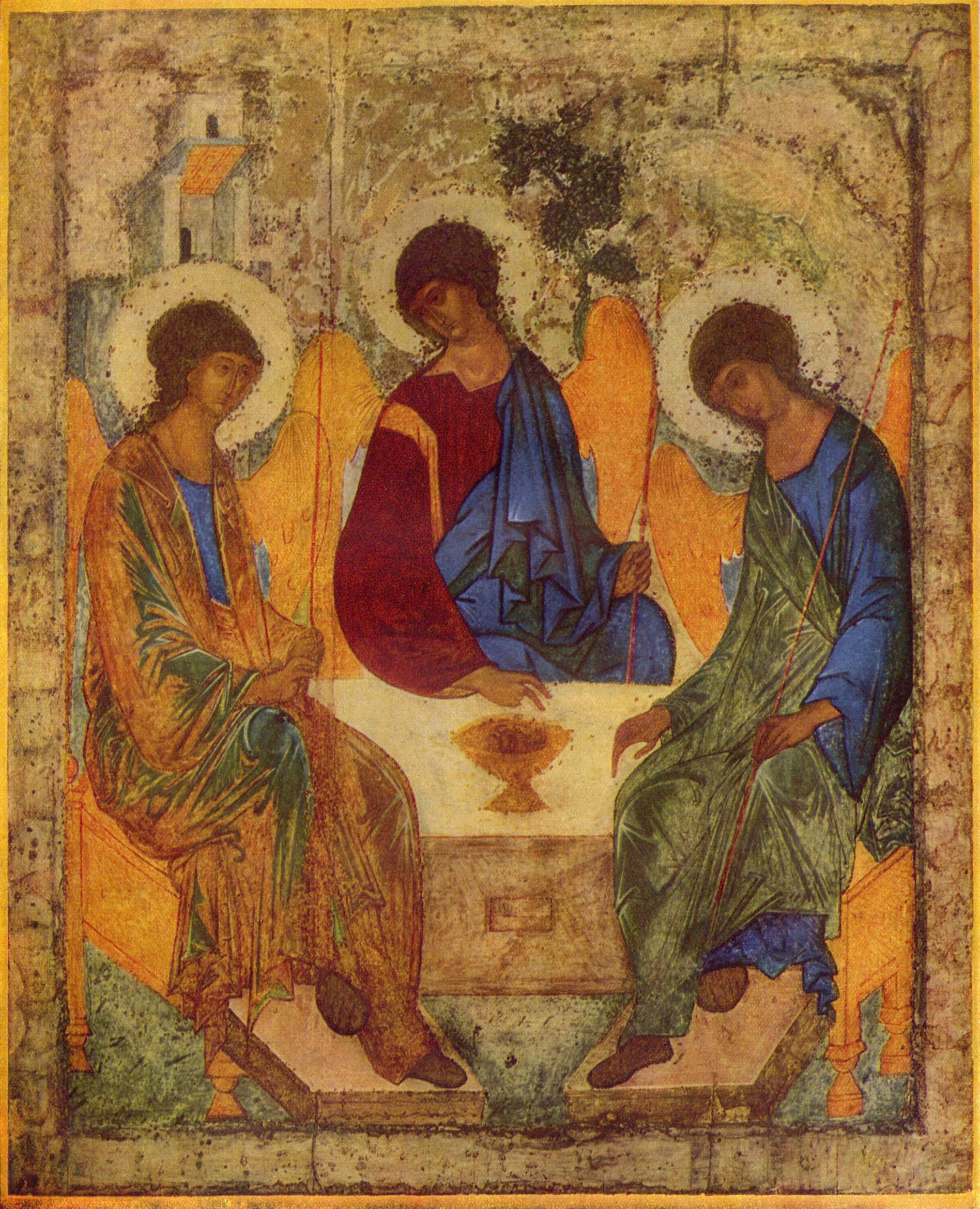

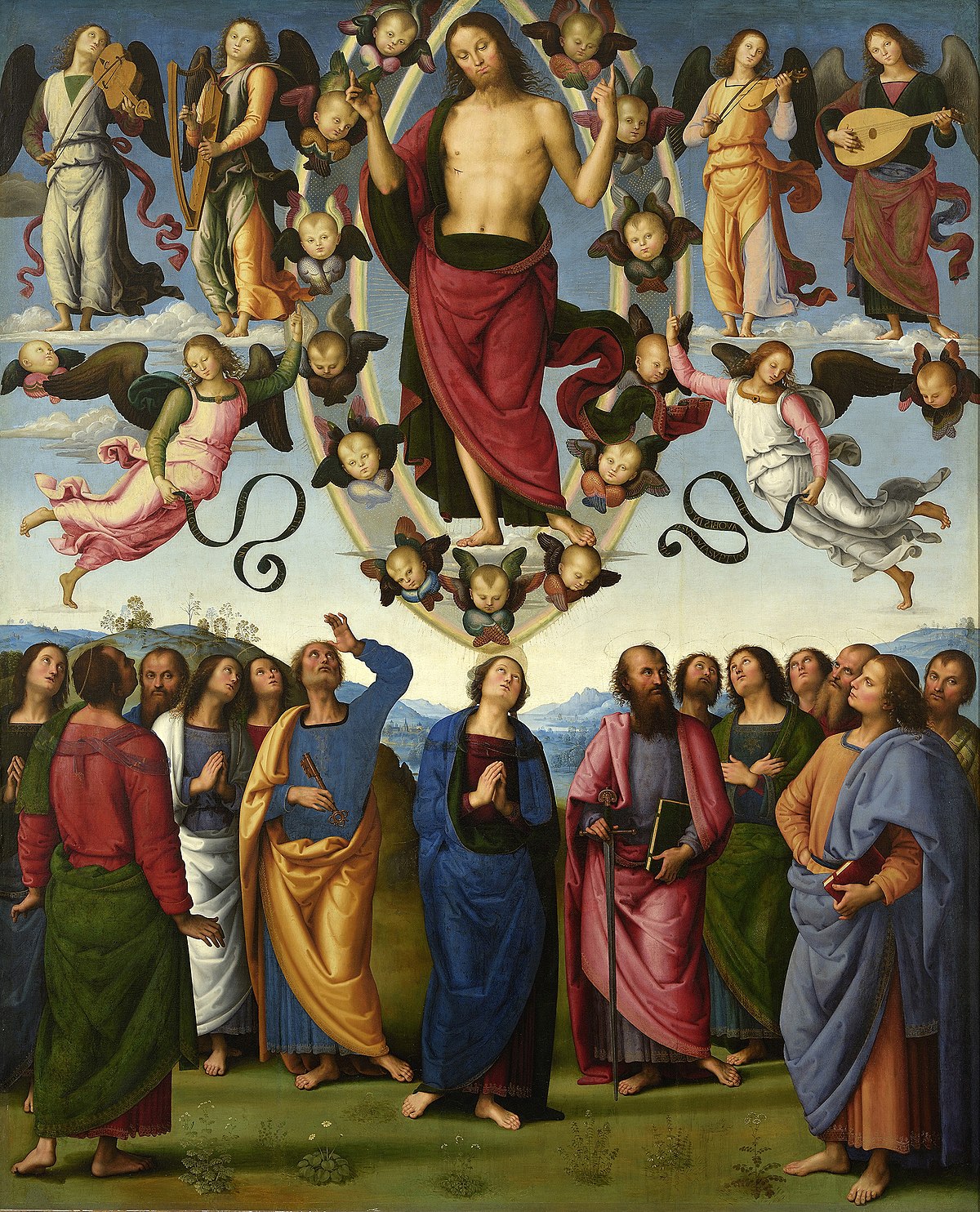





_-_Google_Art_Project.jpg/1920px-Hans_Multscher_-_Fl%C3%BCgel-Innenseite_des_Wurzacher_Altars_(rechts_unten)_-_Google_Art_Project.jpg)





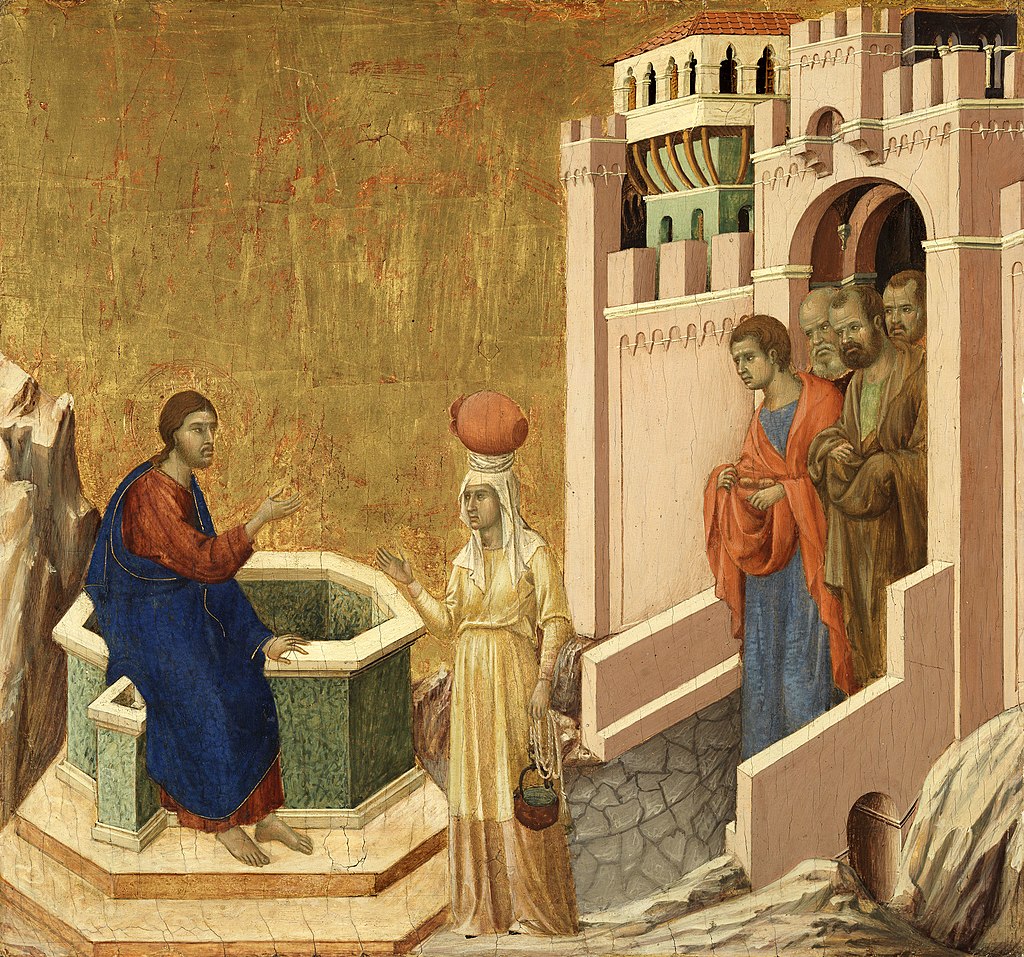

%2C_f.47v_-_BL_Harley_MS_4751.jpg/509px-Siren_enchants_sailors_-_Bestiary_(1230-1240)%2C_f.47v_-_BL_Harley_MS_4751.jpg?20140305014726)


